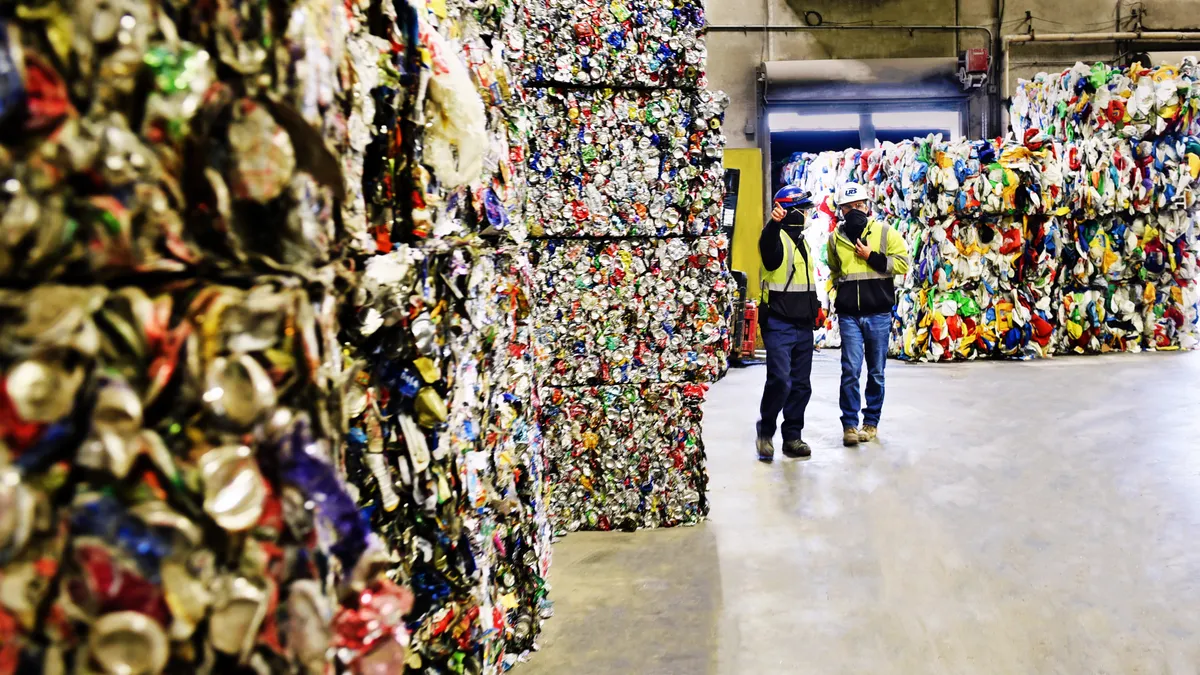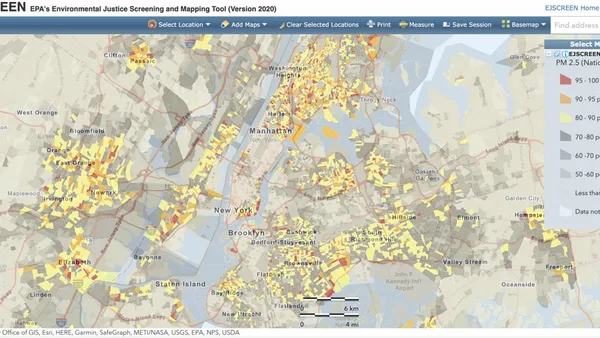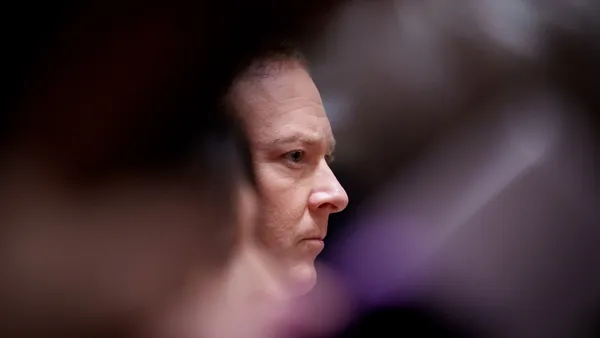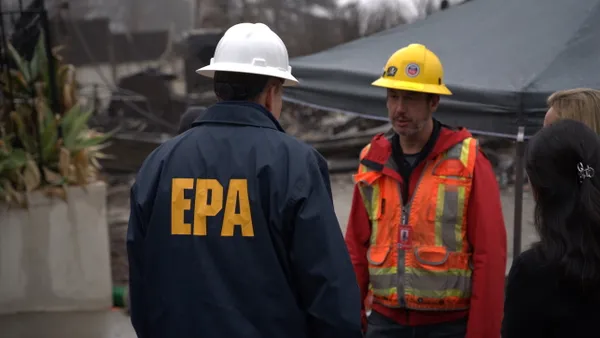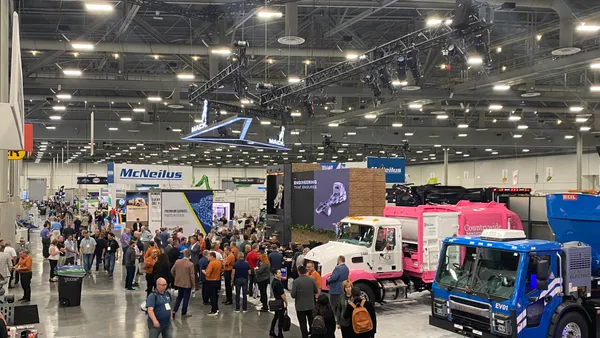Dive Brief:
- LRS, the vertically-integrated Midwestern hauler, has released its first sustainability report.
- The report, based on 2023 data, shows total baseline emissions of 288,829 metric tons of carbon dioxide equivalent. It notes the company is working on a plan to decrease emissions through fleet decarbonization and increased landfill gas capture initiatives.
- The report also highlights efforts to recycle more materials, especially since the 2023 opening of The Exchange, its Chicago MRF that processes 500 tons a day. It also highlighted efforts to increase transparency around the recycling process while also boosting safety and leadership measures.
Dive Insight:
Macquarie-backed LRS experienced major growth in 2023 while also making changes to its leadership. The company’s first sustainability report highlights what it sees as its main environmental responsibilities as a growing business. LRS is the largest private hauler in Illinois and has over 70 facilities throughout the Midwest that employ about 2,300 people, according to the report.
"This was a year of extensive growth at all levels of LRS," said CEO Matt Spencer in a statement, adding that the report "serves as a benchmark to track our impact on reshaping the future of waste and recycling.”
In 2022, LRS completed a greenhouse gas emissions inventory with baseline data meant to help set further emissions reduction goals. The report did not differentiate between scope 1 and 2 emissions, but it noted that 72% of emissions came from landfills while 25% came from fuel. LRS has three landfills and more than 1200 collection vehicles, according to the report.
The report does not set specific emissions reduction targets, but it does lay out an emissions reduction plan that identifies three “pillars.” Those pillars include capturing landfill emissions, improving route optimization and converting fleet equipment to “lower-carbon alternatives.”
LRS says it has invested $7 million in gas collection and control systems, which it says improves its ability to monetize landfill gas as a power source. It has also spent $2.5 million on compressed natural gas trucks, as well as three electric material handlers at MRFs. LRS also owns its own CNG refueling station, according to the report.
LRS highlighted recycling programs and efficiencies in its report. In 2023, it recycled about 92,000 tons of paper, cardboard and cartons at its seven MRFs. It also recycled 33,000 tons of metal, 23,000 tons of glass and 10,000 tons of plastic, according to the report.
In 2023, LRS received a grant from The Recycling Partnership and The Carton Council to purchase an optical sorter for cartons and polypropylene materials, which it says is “enhancing recovery efforts” for those materials.
The Exchange processes recycling for 620,000 homes that are part of the City of Chicago’s recycling program. To “dispel misconceptions” about the recycling process and create more transparency about where Chicago residents’ materials actually go, LRS worked with the city and its Department of Streets and Sanitation to create an interactive map with details about where materials go after collection. According to the sustainability report, over 22,000 people have used the map.
LRS noted the Exchange’s educational initiatives are also meant to increase transparency and trust around the recycling process. In 2023, over 800 guests toured the facility.
The sustainability report also notes ongoing safety initiatives across the company. It noted a 15% reduction in total recordable incidents between 2022 and 2023, as well as a 26% reduction in the lost time injury frequency rate.
LRS invested over $1.6 million in 3rd Eye, an in-cab camera system that tracks driver behavior. LRS cites the investment as a major reason for reducing its accident frequency rate by 17.6%, it said.
LRS also aims to offer more employee training and clearer career pathways, according to the report. It has partnered with Universal Technical Institute to create the Early Employment Program, which helps train mechanics and technicians by pairing them with an LRS mentor mechanic. After graduation, some students are offered full-time positions with LRS and receive $4,000 a year to help pay off student loans.
Releasing a sustainability report is a common move for larger companies after Macquarie acquires them. GreenWaste and WIN Waste Innovations are other examples of Macquarie-backed companies that released their first sustainability reports in recent years.



